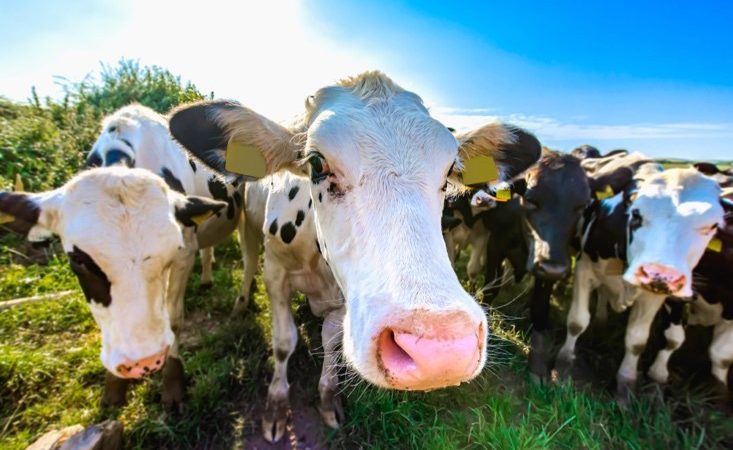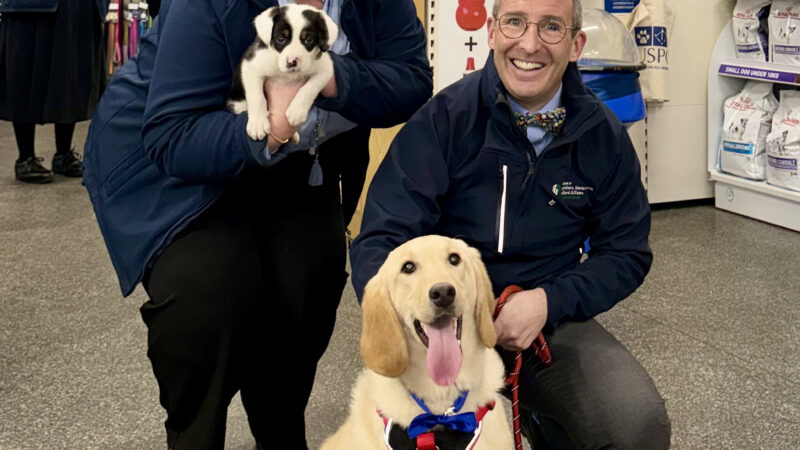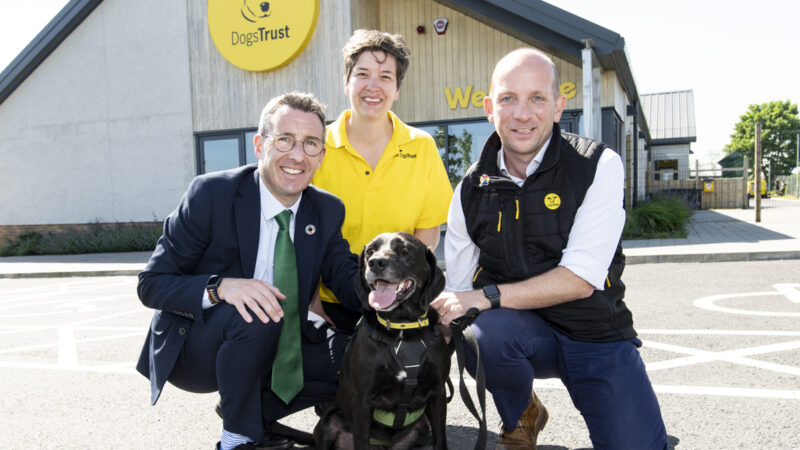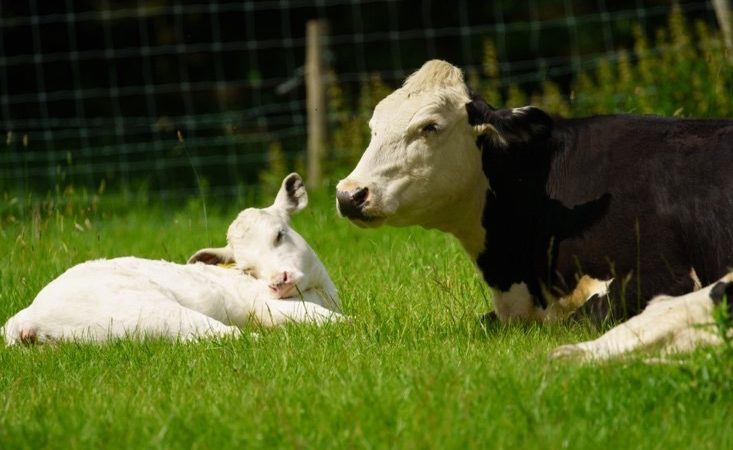Plea for long-term solutions to recruitment crisis
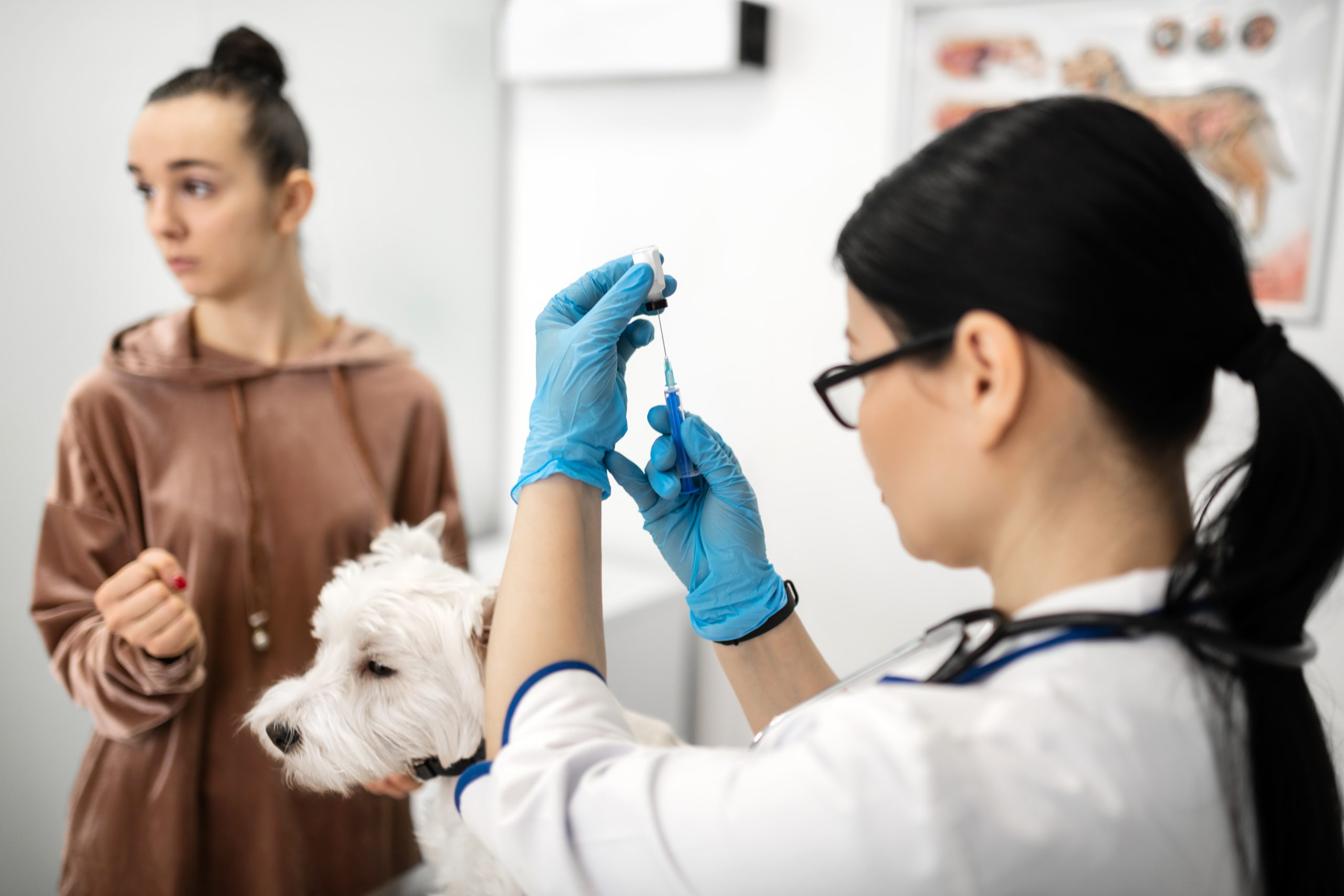
Long-term solutions are needed to tackle a veterinary recruitment crisis that has seen new EU registrants coming to work in the UK fall by 68% in just two years, it has been warned.
Latest figures paint a grim picture of a severe shortage of veterinary surgeons and nursing staff due to the impact of Brexit, Covid and a surge in pet ownership.
The Royal College of Veterinary Surgeons found the number of new EU registrants coming to work in the UK has fallen, from 1,132 in 2019 to 364 in 2021 and the British Veterinary Association has warned of wide-ranging impacts across the sector.
BVA senior vice president James Russell, below, said: “The nosedive in EU registrants since Brexit, coupled with soaring demand for veterinary certification, is creating a storm of shortages in the profession. It’s absolutely critical that vets get as much support as possible to keep on top of workloads and navigate continued challenges ahead.

“We know that the Government is alive to the situation, and measures such as more vet school places and better digitisation of the certification process will help to relieve some pressures in the long term.
“The potential consequences are worrying. If we can’t find long-term solutions to veterinary workforce shortages we will see impacts on animal welfare, public health and international trade.”
RCVS figures show just how reliant the UK veterinary sector has become on EU workers, with 29% of the total existing workforce in 2021 having graduated in the EU, while in 2019 almost half of nearly half of new registrants (48%) graduated in the EU, compared to 42% graduating in the UK and 10% in other countries.
At the same time as the number of new registrants is falling, demand for veterinary certification of animal products for export to the EU has rocketed as a result of new post-Brexit requirements, with applications for food-related export health certificates increasing by 1,255% from 2020 to the end of 2021 (APHA data).
The true measure of the additional workload is likely to be even higher, as these figures do not include equine and pet certificates or movements to Northern Ireland.


